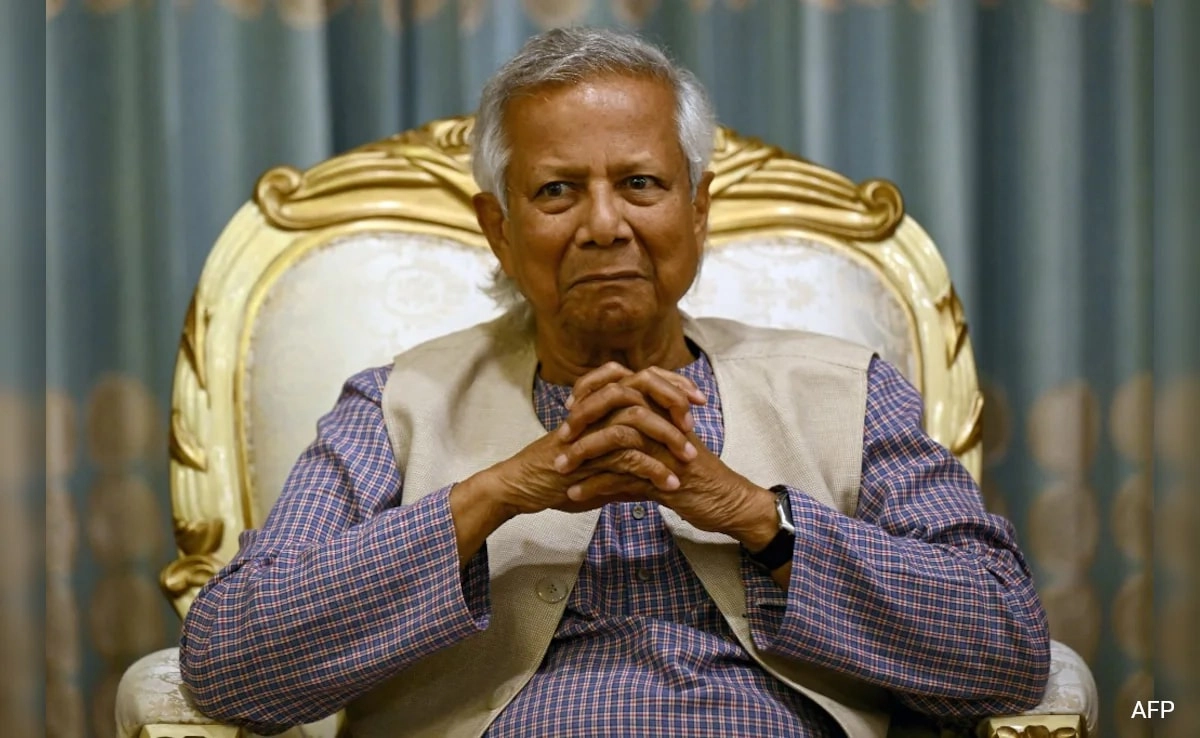Muhammad Yunus, the Nobel Peace Prize laureate and renowned social entrepreneur from Bangladesh, is reportedly considering resigning from his positions within the Grameen Bank and other associated entities. Yunus, who is widely acclaimed for his pioneering work in microfinance, has been a pivotal figure in the fight against poverty and the empowerment of marginalized communities through innovative financial solutions. His efforts in founding the Grameen Bank in 1983 revolutionized the way financial services are delivered to the underprivileged, providing them with access to small loans without the requirement of collateral. This model not only helped uplift countless individuals from poverty but also inspired similar initiatives across the globe.
The decision for Yunus to step down appears to be influenced by a combination of factors, including increasing political pressure in Bangladesh and ongoing controversies surrounding his leadership. In recent years, Yunus has faced significant challenges, including attempts by the Bangladeshi government to limit his influence and scrutinize the operations of Grameen Bank. These developments have raised concerns about the future direction of the bank and its ability to maintain its mission of supporting the poorest segments of society. Yunus’s potential resignation may mark a significant shift in the landscape of microfinance in Bangladesh, as his leadership has been synonymous with the bank’s success and ethical practices.
As Yunus weighs his options, the implications of his departure could reverberate beyond the borders of Bangladesh. His work has not only garnered international recognition but has also set a benchmark for social entrepreneurship worldwide. If he ultimately decides to resign, it could prompt a reevaluation of the microfinance sector, particularly in terms of governance, transparency, and accountability. Stakeholders within the industry will undoubtedly be watching closely to see how this situation unfolds and what it means for the future of Grameen Bank and its beneficiaries. The impact of Yunus’s legacy will continue to be felt, but the next steps he takes will be crucial in shaping the future of the movement he helped to create.




